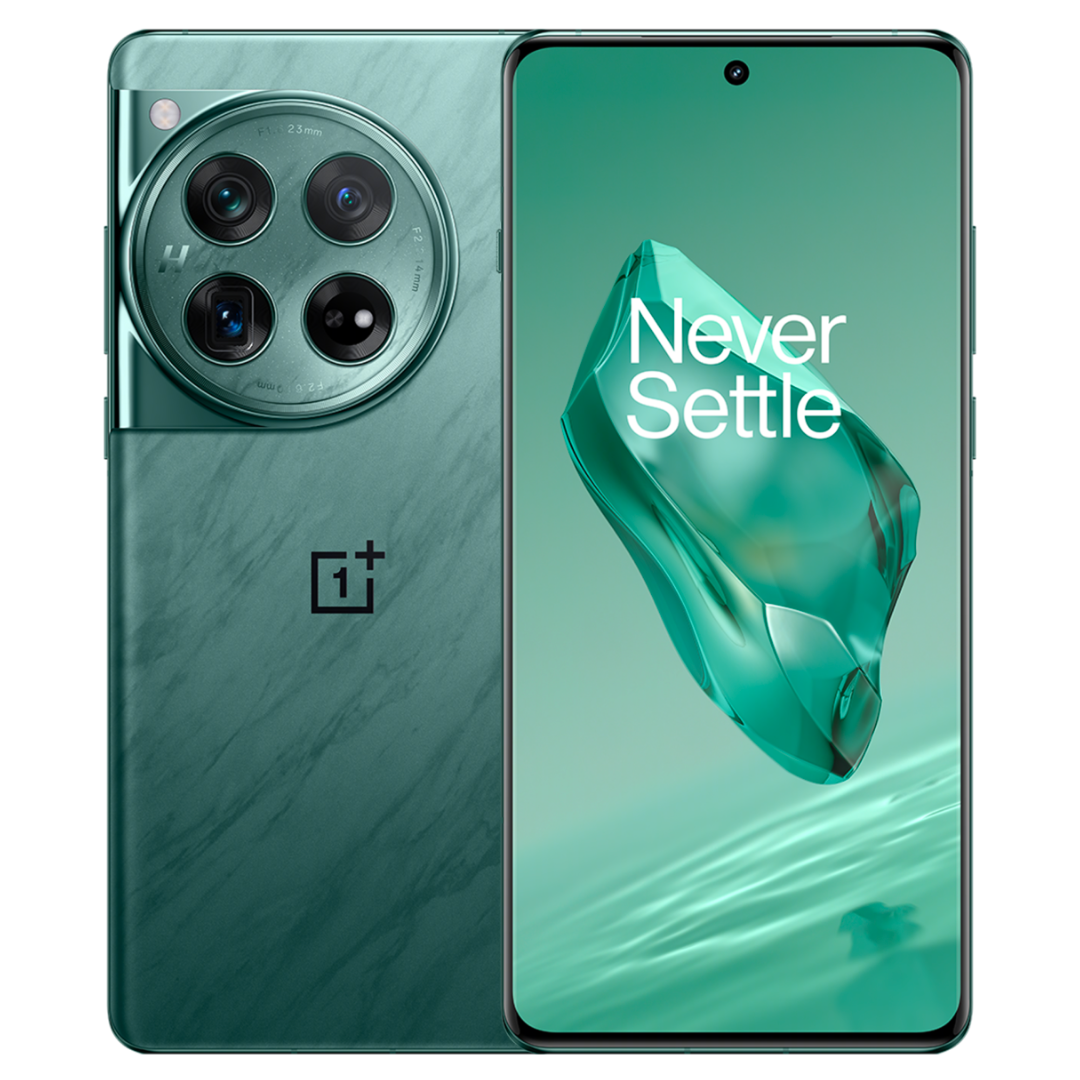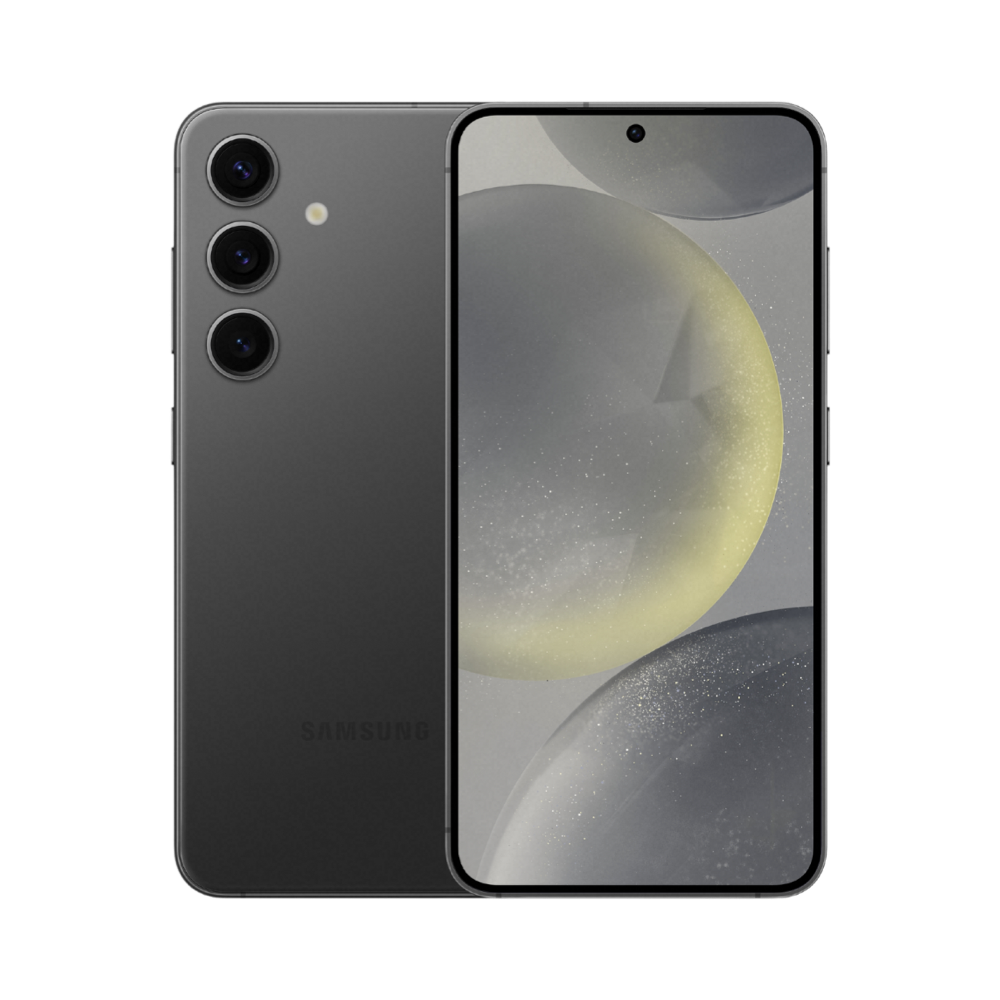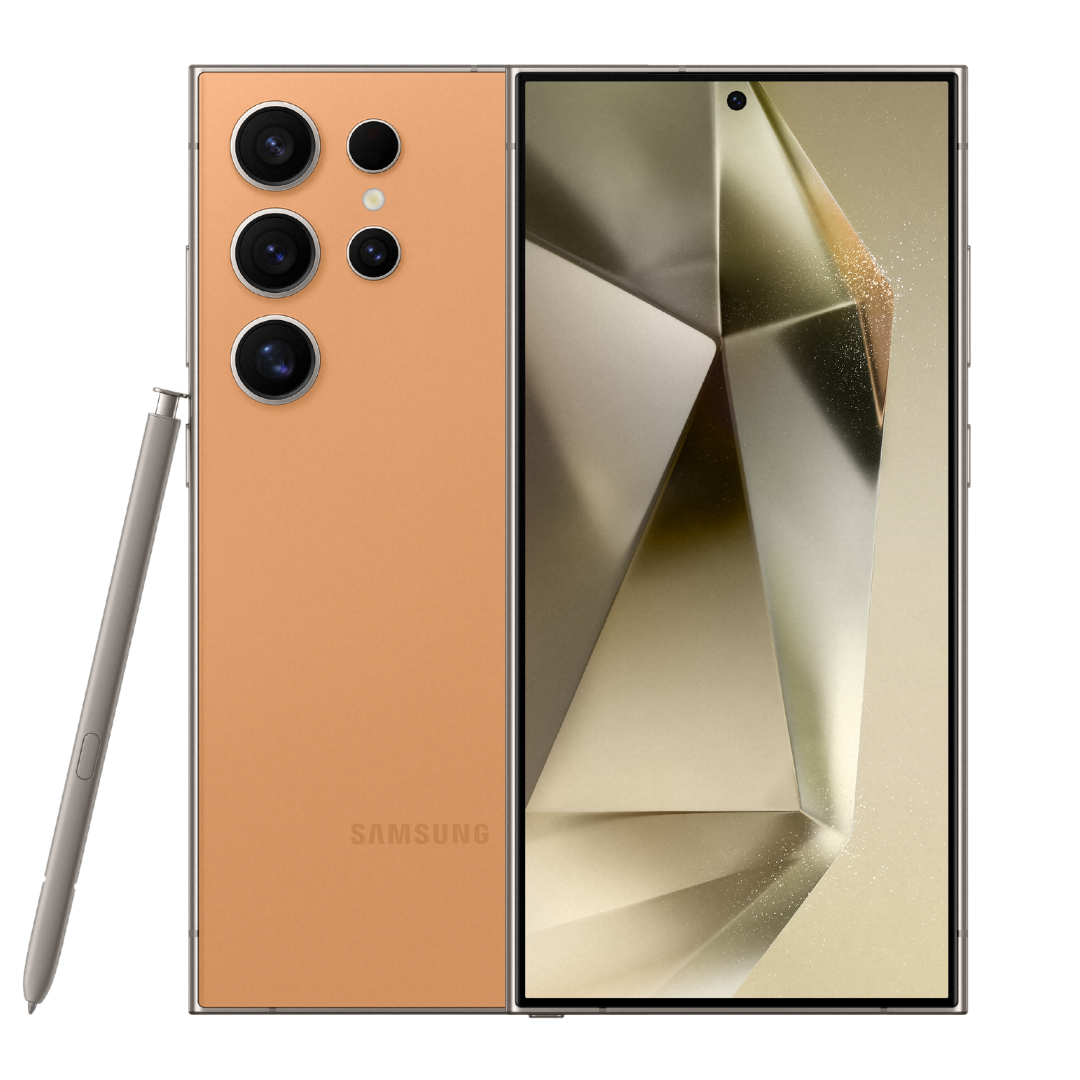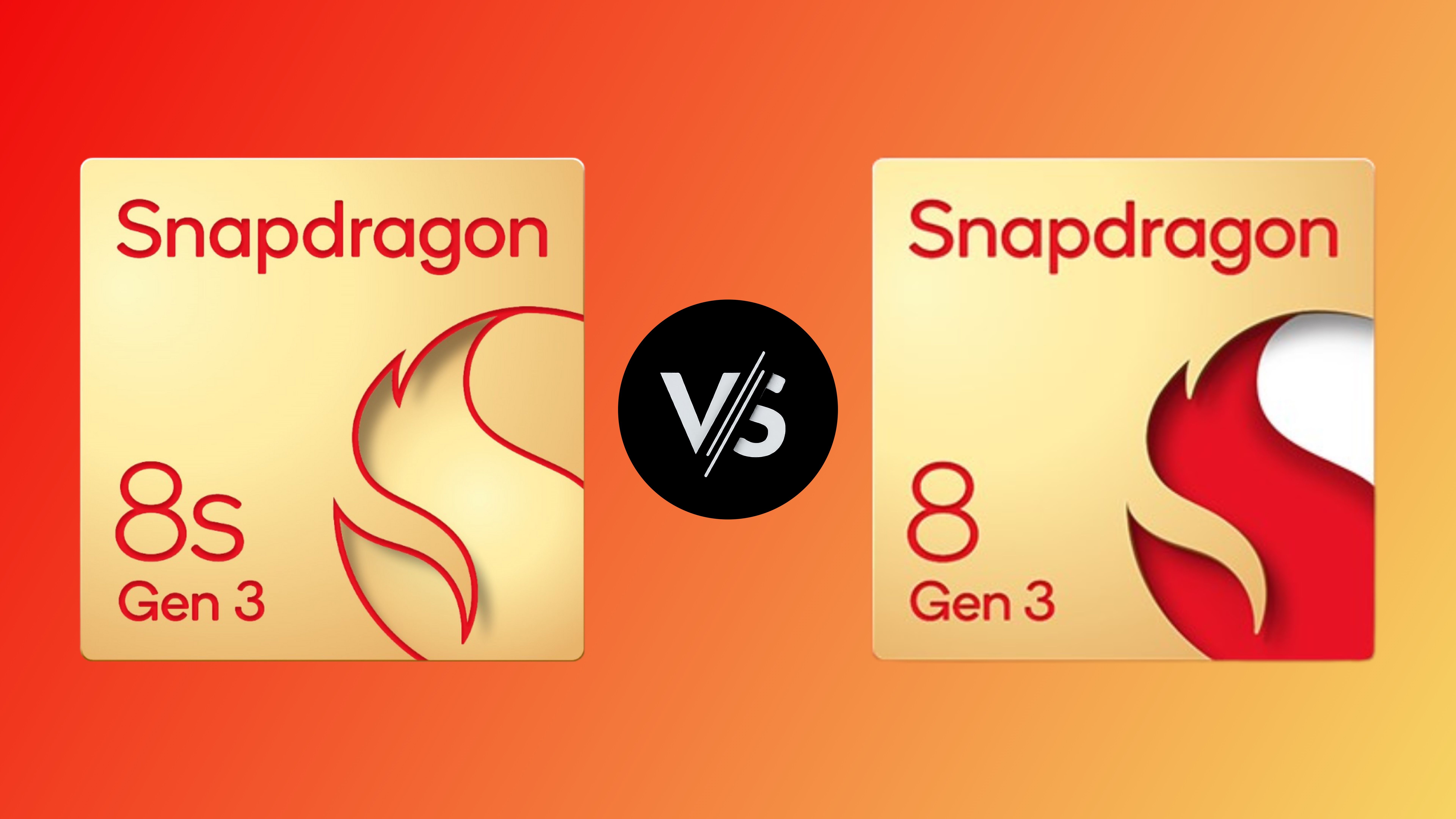Qualcomm today unveiled its latest addition to the lineup of flagship smartphone processors, the Snapdragon 8s Gen 3. This new processor from Qualcomm comes with high-end flagship performance and specifications and will be used in upcoming smartphones from HONOR, Redmi, IQoo and more. However, you might be wondering, what are the differences between the Snapdragon 8s Gen 3 and the already-available Snapdragon 8 Gen 3? Here’s a closer look at the new Snapdragon 8s Gen 3 vs Snapdragon 8 Gen 3.
Quick Answer
: The Snapdragon 8s Gen 3 is a slightly less powerful version of the Snapdragon 8 Gen 3. While both are built on the same 4nm TSMC node process, the Snapdragon 8s Gen 3 has lower CPU clock speeds, limited GPU support, and a less advanced modem.
However, it still offers similar AI features, charging technology, and overall user experience as the Snapdragon 8 Gen 3. Overall, the Snapdragon 8 Gen 3 remains Qualcomm’s top-tier chipset, with the Snapdragon 8s Gen 3 positioned just below it.
Now, let’s move onto a more detailed comparison of the two chipsets, starting with the technical specifications.
Snapdragon 8s Gen 3 vs Snapdragon 8 Gen 3: Technical Specifications
|
Specification |
Qualcomm Snapdragon 8 Gen 3 |
Qualcomm Snapdragon 8s Gen 3 |
|---|---|---|
|
Node Process |
TSMC 4nm |
TSMC 4nm |
|
CPU |
|
|
|
GPU |
|
|
|
Memory |
LP-DDR5x memory, up to 4800 MHz |
LP-DDR5x memory, up to 4200 MHz |
|
Modem |
Snapdragon X75 5G Modem, up to 10 Gbps speeds |
Snapdragon X70 5G Modem, up to 5 Gbps speeds |
|
Camera |
|
|
|
Display |
4K @ 60 Hz, QHD+ @ 144 Hz |
4K @ 60 Hz, QHD+ @ 144 Hz |
|
Charging |
Qualcomm Quick Charge 5 Technology |
Qualcomm Quick Charge 5 Technology |
CPU
One of the key differences between the Snapdragon 8s Gen 3 and the Snapdragon 8 Gen 3 is in the CPU. While both chipsets feature a similar core configuration, the CPU of the Snapdragon 8s Gen 3 operates at slightly lower clock speeds compared to the 8 Gen 3. The 8 Gen 3 includes one Prime Cortex-X4 core running at 3.4 GHz, five Performance cores at 3.2 GHz, and two Efficiency cores at 2.3 GHz. On the other hand, the Snapdragon 8s Gen 3 comes with one Prime Cortex-X4 core clocked at 3.0 GHz, four Performance cores at 2.8 GHz, and three Efficiency cores at 2.0 GHz.
GPU
In terms of GPU capabilities, both chipsets support Hardware-Accelerated Ray Tracing. However, the flagship Snapdragon 8 Gen 3 goes further with “Hardware-Accelerated Ray Tracing with Global Illumination” and support for Unreal Engine 5 — features not available on the Snapdragon 8s Gen 3.
On the other hand, the Snapdragon 8s Gen 3 still offers notable features such as Adreno Frame Motion Engine 2.0, HDR gaming, and Shadow Denoiser. Additionally, it is worth noting that bothcchipsets support Hardware-accelerated H.265, VP9, and AV1 decoder for video playback, along with HDR Playback codec support for formats like HDR10+, HDR10, HLG, and Dolby Vision.
AI
Qualcomm has made sure that the Snapdragon 8s Gen 3 doesn’t fall behind in AI capabilities. It includes all the impressive AI features of the 8 Gen 3, such as on-device Gen AI with up to 10B parameters, photo expander, multi-modal AI input support, and compatibility with over 30 LLMs. The only significant difference here, compared to the 8 Gen 3, is the absence of the fastest stable diffusion feature.
Camera
When it comes to camera hardware support, the Snapdragon 8s Gen 3 lags slightly behind the 8 Gen 3. The 8 Gen 3 supports 8K HDR video recording at up to 30 fps, whereas the 8s Gen 3 is limited to 4K HDR recording at 60 fps. Similarly, slow-motion videos are capped at 1080p at up to 240 fps for the 8s Gen 3, while the 8 Gen 3 can go up to 720p at 960 fps. While both chipsets support Google Ultra HDR photo capture, only the 8 Gen 3 supports Computational HDR video capture with up to 4 exposures.
Connectivity
Finally, in terms of cellular connectivity, Qualcomm is using the older Snapdragon X70 5G modem for the Snapdragon 8s Gen 3, while the Snapdragon 8 Gen 3 uses the latest Snapdragon X75 5G modem. Both chips support mmWave and sub-6GHz 5G, but there’s a difference in download speeds: the 8s Gen 3 at 5Gbps and the 8 Gen 3 at up to 10Gbps. On the other hand, Qualcomm is using the same module for Wi-Fi and Bluetooth (FastConnect 7800), meaning you get the latest Wi-Fi 7 and Bluetooth 5.4 on both the chipsets with their latest integrated technologies.
While there appears to be a considerable difference on paper between the Snapdragon 8s Gen 3 and the 8 Gen 3, Qualcomm assures that the 8s Gen 3 will deliver comparable and top-tier performance. However, we’ll have to wait and see how it performs in real-world usage. The first phones featuring the Snapdragon 8s Gen 3 are set to launch in the coming months, and it will be interesting to see how they stack up against the flagship smartphones of 2024.
Best Snapdragon 8 Gen 3 smartphones right now!
-

OnePlus 12
$800 $900 Save $100
The new OnePlus 12 features a 6.8-inch LTPO AMOLED display, a larger 5,400 mAh battery, and the new powerful Snapdragon 8 Gen 3 SoC. It has a new and improved camera setup with periscope telephoto lens, improved durability, and charging.
-

Samsung Galaxy S24
Samsung Galaxy S24 is the latest compact flagship from the brand. It ships with a 6.2-inch AMOLED display, a powerful Snapdragon 8 Gen 3 chipset, a reliable triple camera setup, and plenty of useful AI features, including a magic photo editor, Circle to Search, and more.
-

Samsung Galaxy S24 Ultra
The Samsung Galaxy S24 Ultra features a 6.8-inch Dynamic AMOLED 2X display, a powerful Snapdragon 8 Gen 3 chip with up to 1TB of storage, and a quad camera setup. The phone comes with Galaxy AI, bringing new advanced features to the table.




1734848431-0/Untitled-design-(56)1734848431-0.jpg)


